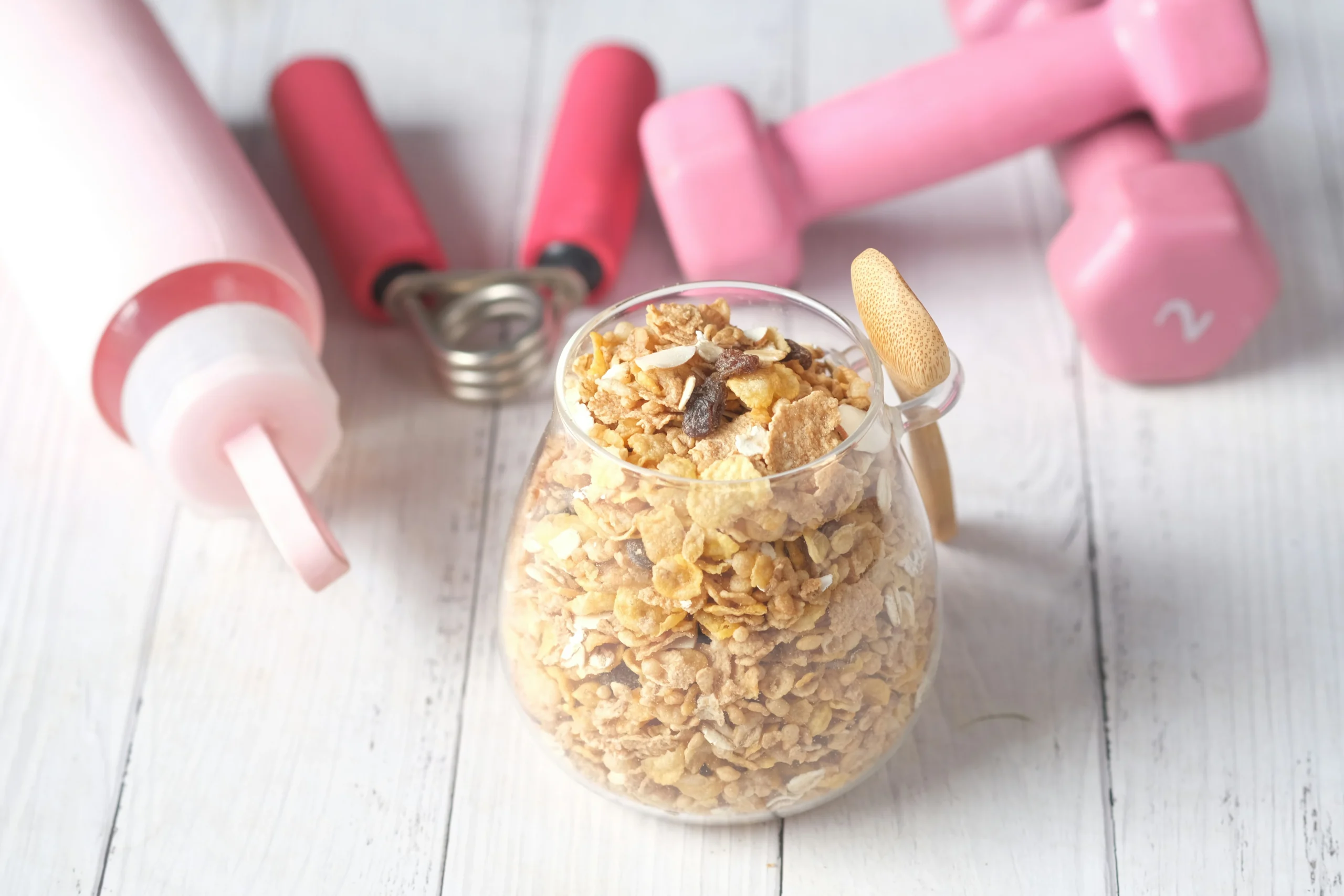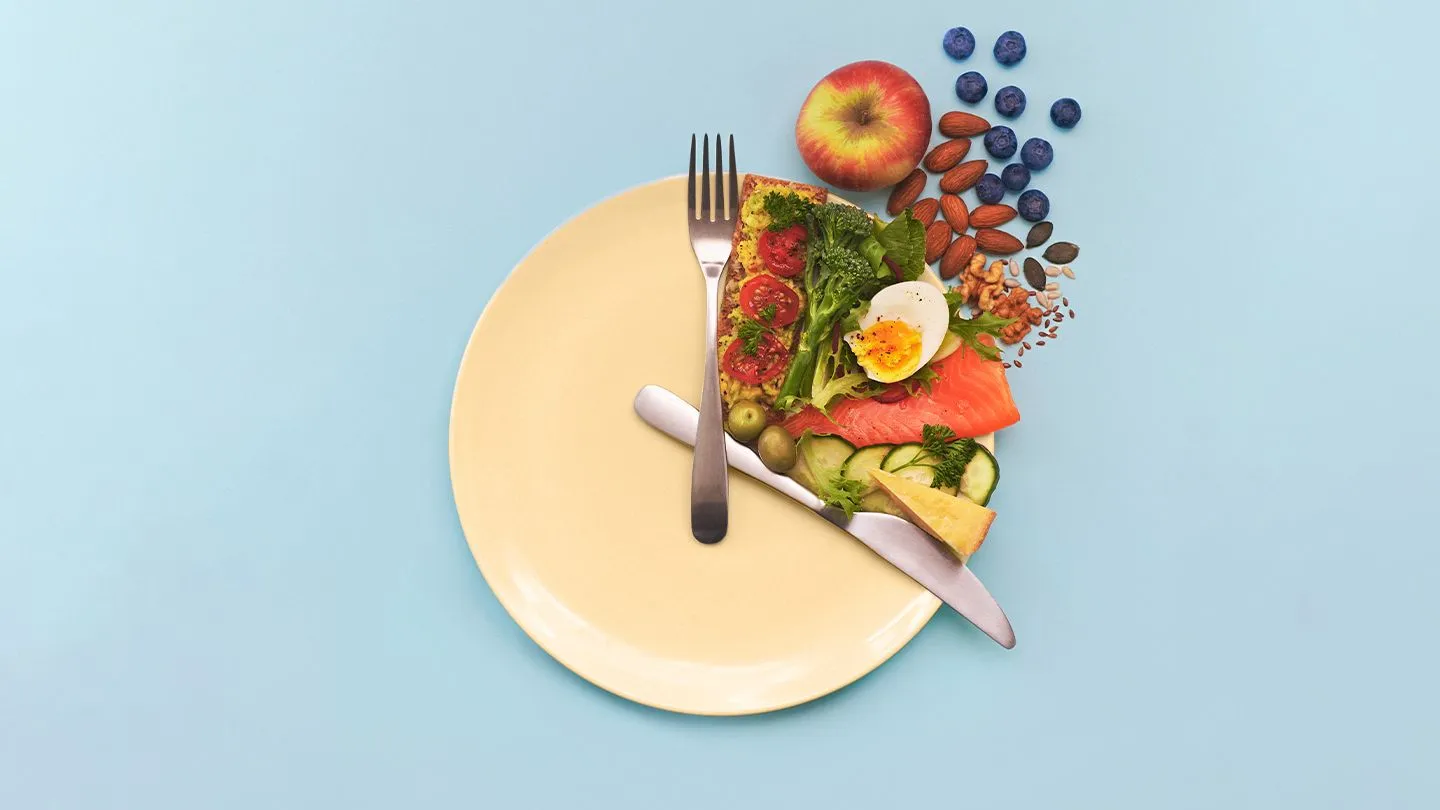Protein is a crucial component of any diet, especially when it comes to weight loss and muscle gain. Whether you’re trying to shed some pounds or build lean muscle mass, understanding how protein works in the body can help you reach your goals more efficiently. In this post, we’ll dive into the role of protein in both weight loss and muscle gain, and provide tips on how to incorporate it into your diet for the best results.
Protein and Weight Loss
When it comes to weight loss, protein plays a vital role by helping to control hunger and reduce overall calorie intake. Protein is known to be the most satiating macronutrient, meaning it keeps you feeling fuller for longer compared to fats and carbohydrates. This can naturally lead to a reduction in calorie consumption, making it easier to maintain a caloric deficit, which is essential for weight loss. Additionally, the body uses more energy to digest protein, a process known as the thermic effect of food (TEF). This slight boost in metabolism can further aid in weight loss.
Protein and Muscle Gain
For those aiming to build muscle, protein is indispensable. Muscles are made up of protein, and after exercise, particularly resistance training, muscle fibers experience tiny tears that need to be repaired. Protein provides the essential amino acids required for this repair process, which ultimately leads to muscle growth. Consuming adequate protein also helps prevent muscle breakdown during periods of calorie deficit, ensuring that the weight you lose is fat, not muscle.
How Much Protein Do You Need?
The amount of protein you need can vary depending on your individual goals, activity level, and body weight. A common recommendation for muscle gain is to consume about 0.8 to 1 gram of protein per pound of body weight. If your goal is weight loss, you might benefit from a higher protein intake to help preserve lean muscle mass and manage hunger. It’s important to spread your protein intake throughout the day, including it in every meal to ensure a steady supply of amino acids for your muscles.
Best Sources of Protein
There are many excellent sources of protein, both animal-based and plant-based, that you can incorporate into your diet:
- Lean Meats: Chicken breast, turkey, and lean cuts of beef or pork.
- Fish: Salmon, tuna, and other fatty fish that also provide beneficial omega-3 fatty acids.
- Eggs: A versatile and complete source of protein, perfect for any meal.
- Dairy: Greek yogurt, cottage cheese, and low-fat milk are rich in protein and calcium.
- Legumes: Beans, lentils, and chickpeas are excellent plant-based protein sources.
- Nuts and Seeds: Almonds, chia seeds, and flaxseeds provide protein along with healthy fats.
- Quinoa: A grain that contains all nine essential amino acids, making it a complete protein.
Tips for Incorporating More Protein into Your Diet
Here are some simple tips to help you increase your protein intake:
- Start Your Day with Protein: Include eggs, Greek yogurt, or a protein smoothie in your breakfast.
- Snack on Protein-Rich Foods: Opt for snacks like nuts, seeds, or a boiled egg to keep your protein levels up throughout the day.
- Incorporate Protein in Every Meal: Make sure each meal includes a source of protein, whether it’s animal-based or plant-based.
- Use Protein Supplements: Consider protein powders or bars as a convenient way to boost your protein intake, especially after workouts.
- Experiment with Plant-Based Proteins: Try adding tofu, tempeh, or legumes to your meals as delicious and nutritious alternatives to meat.
Final Thoughts
Protein is a powerful nutrient that plays a vital role in weight loss, muscle gain, and overall health. By understanding its benefits and incorporating adequate amounts of protein into your diet, you can achieve your fitness goals more effectively. Whether you’re looking to lose weight, build muscle, or simply maintain a healthy lifestyle, protein should be a cornerstone of your nutrition plan.
Ready to Take Your Nutrition to the Next Level?
If you’re serious about achieving your health goals, I offer a personalized meal plan service that takes all the guesswork out of your diet. With my detailed meal plan, you’ll receive a customized calorie count, macro and micronutrient breakdown, and full support tailored specifically to your needs. Whether you’re looking to lose weight, gain muscle, or simply eat healthier, this plan is designed to help you succeed.
Start your journey towards better health today! Click here to get your personalized meal plan now.



